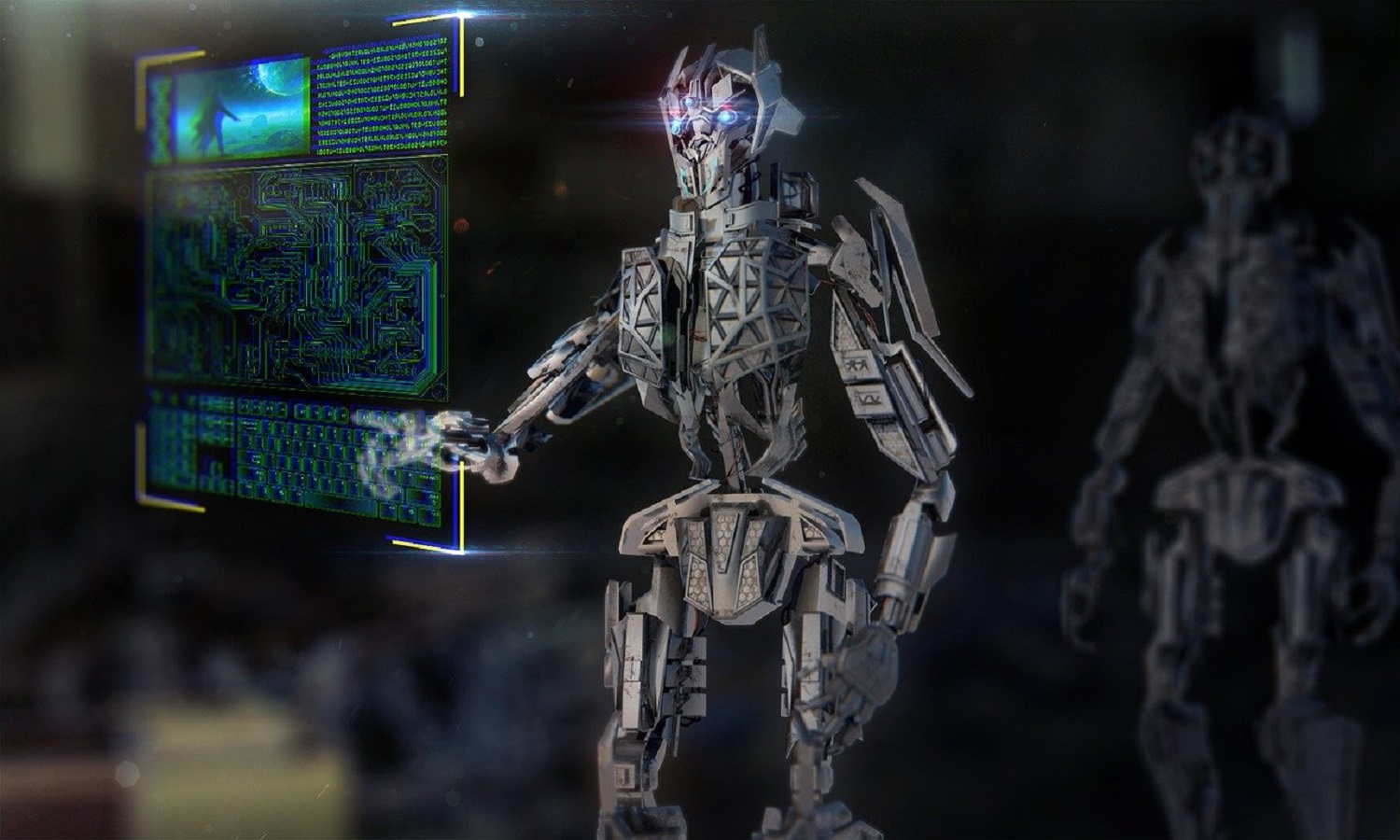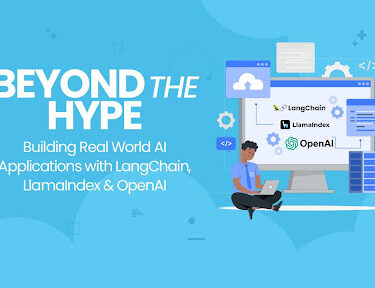It is already evident that communities benefit from technologies that are capable of self-learning. From its beginnings in optical character recognition, to autonomous cars, to retail counters, to internet shopping, this tech has transformed the way people interact with the world around them. However, Artificial Intelligence also has its drawbacks. “Technophiles” or “tech geeks” argue the advantages of self-learning technologies outweigh the disadvantages. While others contend, A.I is likely to create a separation between people and robots that is too hard to recombine. Let’s dive deeper and learn all about AI.
Table of Contents
What is A.I.?
There are several types of A.I., which you can learn more about here. But generally, Artificial Intelligence is defined as a branch of technology focused on creating “smart” machines. Simply stated, these machines are designed to be independent from their creators to perform human tasks with greater accuracy.
Pros of A.I
Many job tasks such as Telemarketing, Reception, and Market Research do not require a human’s critical thinking or problem-solving abilities. Using self-learning machines to automate daily tasks and speed up the work process will create extra time for office workers, bosses, and companies to focus on more important assignments.
A few significant benefits of A.I. are:
– Automating work
– Eliminating Human Error
– Medical Diagnosis
– A.I can work with high volumes of data that humans cannot handle.
– It will improve “human” decision making- see link below
– Preserve the environment by predicting weather for farmers, making transportation efficient, and minimizing waste in manufacturing
Click here to receive an in-depth analysis of Artificial Intelligence advancements.
In many sectors, streamlining work to robots can greatly impact an organization. For example, businesses using digital assistants to interact with their users save time and money by reducing employee error. Meanwhile, AI-powered production and prototyping led to lesser operational costs in PCB fabrication and electronics manufacturing. Simultaneously, companies can fulfill their clients’ demands while also increasing customer satisfaction and optimizing sales profits- a win, win, win.
Cons of Artificial Intelligence
Artificial Intelligence can make a significant impact on the world. Disregarding the advantages that self-learning machines offer would be naïve, BUT ignoring the concerns would be just as careless.
A few potential liabilities are:
– Currently, A.I is not programmed with an emotional code that addresses human nature issues such as commonsense knowledge.
– High cost of design and manufacturing- these machines are expensive to develop
– A reduced number of jobs for people.
– Codependency on self-learning devices- Humans inability to “live” without the technology.
In the future, A.I. will be further implemented in all fields. Tesler’s Theorem states: “AI is whatever hasn’t been done yet.” For example, tech, marketing, and automotive sectors will continue to explore and innovate with facial recognition, targeted marketing, and autopilot. Companies and organizations will adjust their budgets, delegating extra money to develop these innovations, and more money will be diverted from training employees. Eventually, workers will not possess the required skills needed for positions within these fields, and they will be replaced. This is concerning because it will be one of the first divides between people and the” robots.”
Next, the second separation would emerge at a company level. Companies who could not integrate A.I technology will get left in the dust. It is simple. The organizations that cannot afford self-learning technologies will have fewer resources to innovate with and won’t be able to compete with their competition.
Lastly, the final divide is between countries. At a macro level, the nations that can implement more A.I technology could accrue a bigger percentage of economic benefits compared than less developed countries. Just like the corporations, developed nations will eventually surpass their competition. In terms of economic power, less developed countries will fall short because there is a sizeable separation between those who CAN implement A.I and those who CANNOT.
Will There Be A Separation?
A.I has already benefitted the world by providing measurable improvements, and perhaps some of its cons are observable. But it will cause a separation that could be good or bad. If AI’s designers consider it bad, they would need to apply a more cautious approach towards the technology and develop preventative measures to hinge against future repercussions.
Examples of such “separation” could be that of A.I relies upon algorithms and codes. At some point, these computational instructions become a privacy concern. If hacked, this software can be reprogrammed to share personal data with unknown 3rd parties or corrupt multinational corporations. It is not a matter of “when” the separation will occur, but to what “degree.”
Author Name: Max Hsu




